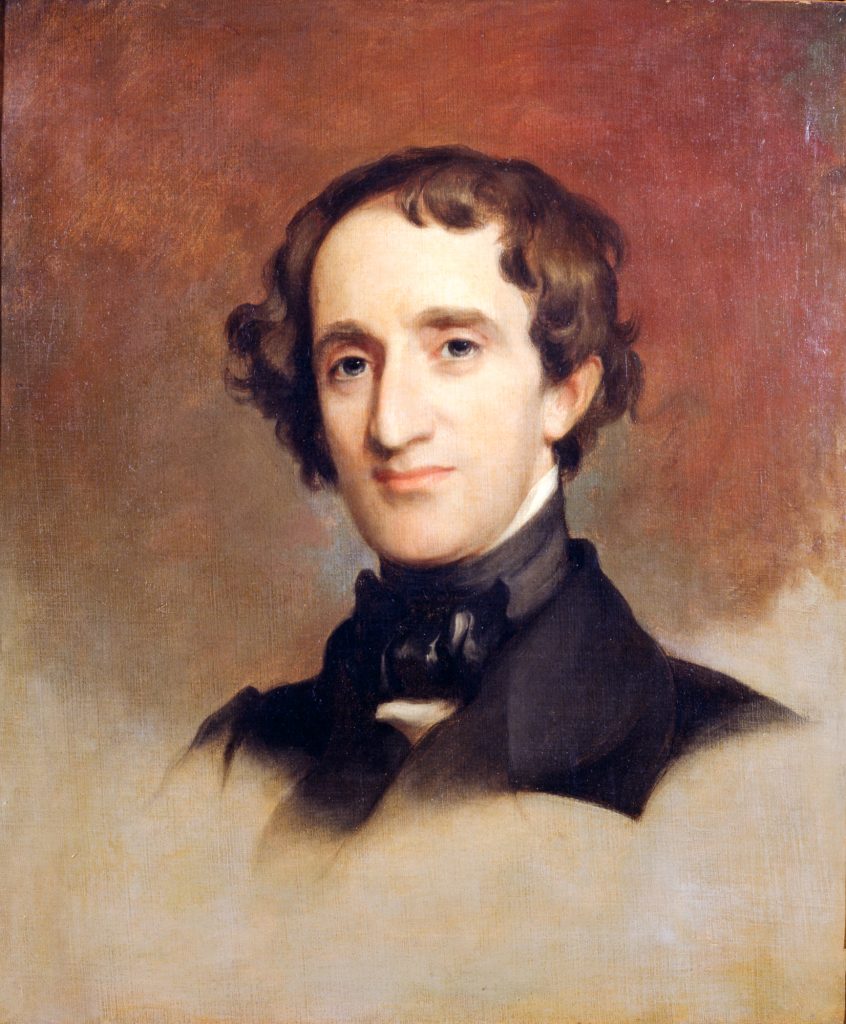With a prominent family lineage running back through the annals ofearly American Jewish history, and stretching from New England to thesouth, Gustavus Adolphus Myers had big shoes to fill as the secondchild of Judith Hays and Samuel Myers.
Hismother was the daughter of Moses Michael Hays,shipping magnate, Freemason, and preeminent Massachusetts Jew of hisday, who, despite these accomplishments, may be best remembered forhaving taken in and raised his sister’s sons, Abrahamand Judah Touro. Moses himself had takenas his wife Rachel Myers, sister of famed New York silversmith MyerMyers, among the great artisans of colonial America and, as it turnsout, maternal grandfather of Gustavus Adolphus Myers.
Samuel,Gustavus’ father, was the second child from Myer’s firstmarriage. Samuel spent some time in Amsterdam during theRevolutionary War, where he operated a shipping business smugglinggoods to the colonies through the Caribbean island of St. Eustatia inpartnership with his Montreal based cousin, MosesMyers. With the British takeover of St. Eustatia in 1784, thecousins took a major loss and spent the next few years paying offcreditors. Samuel’s next move was to Richmond, Virginia, after theRevolution, where he and his half brother, Moses, went into business.Theirs was a rapid success, and they were soon joined by siblings,including Richea, and Samuel’sstepmother, Joyce Mears Myers. By theearly nineteenth century, the Myers family had established itself asthe leading Jewish family in Richmond, while their cousins, Samuel’sold business partner Moses and his children, including Myers,Samuel and John,had settled in Norfolk where they enjoyed a similar status.
Gustavusbecame a leading lawyer in Richmond. He served on the board ofCongregation Beth Shalome, he was a founder of the VirginiaHistorical Society, served as president of the Richmond PublishingCompany, director of the Richmond, Fredericksburg and PotomacRailroad, director of the Mutual Insurance Society of Virginia, andpresident of the Richmond Amicable Association. He was active infreemasonry, and at age twenty-six he was elected master of RichmondLodge No. 10. Gustavus also wrote poetry and drama, and his playNature and Philosophy was widely performed. Gustavus isprobably best remembered for having served nearly thirty years on theRichmond City Council, twelve of which he served as president. He wasa close associate of Judah P. Benjamin,and during the Civil War served as the Confederate consul to GreatBritain. He became one of the two men to negotiate the surrender ofRichmond at the end of the war and was a guarantor on the $100,000bond for Jefferson Davis.
Gustavusfathered his first child when he was only nineteen. The mother wasNelly Forrester, a free woman of color who worked in the house of hisuncle, and his father’s business partner, Moses Mears Myers. Hisson, Richard Gustavus Forrester, was given the mother’s familyname. Richard was sent to live with his great aunts, Catherine andSlowey Hays, unwed sisters of Gustavus’ mother Judith, who hadfollowed her down to Richmond. Slowey and Catherine helped provide aneducation for for Richard and both, in turn, left him sizeablebequests. Richard married a young woman, Narcissa Wilson, who hadarrived from New Orleans to live with Catharine Hays. She too was theoffspring of a free woman of color, Ellen Wilson, and a Jewishfather, in this case Judah Touro. Richard became a successful dairyfarmer and, following in his father’s footsteps, served on theRichmond City Council from 1870 to 1881, among the first AfricanAmericans to achieve this. He later became the first African Americanappointed to the Richmond Public School Board, where he worked toestablish public schools for African American students. He also wasvery active in the Colored Union Labor League and Colored Masons.
In 1833 Gustavusmarried Anne Augusta Giles. They had only one child, WilliamBarksdale, who would serve as a major in the Confederate army.He showed great promise as a painter and painted two of the threeportraits of his father included here, but his career was cut shortby an early death.
